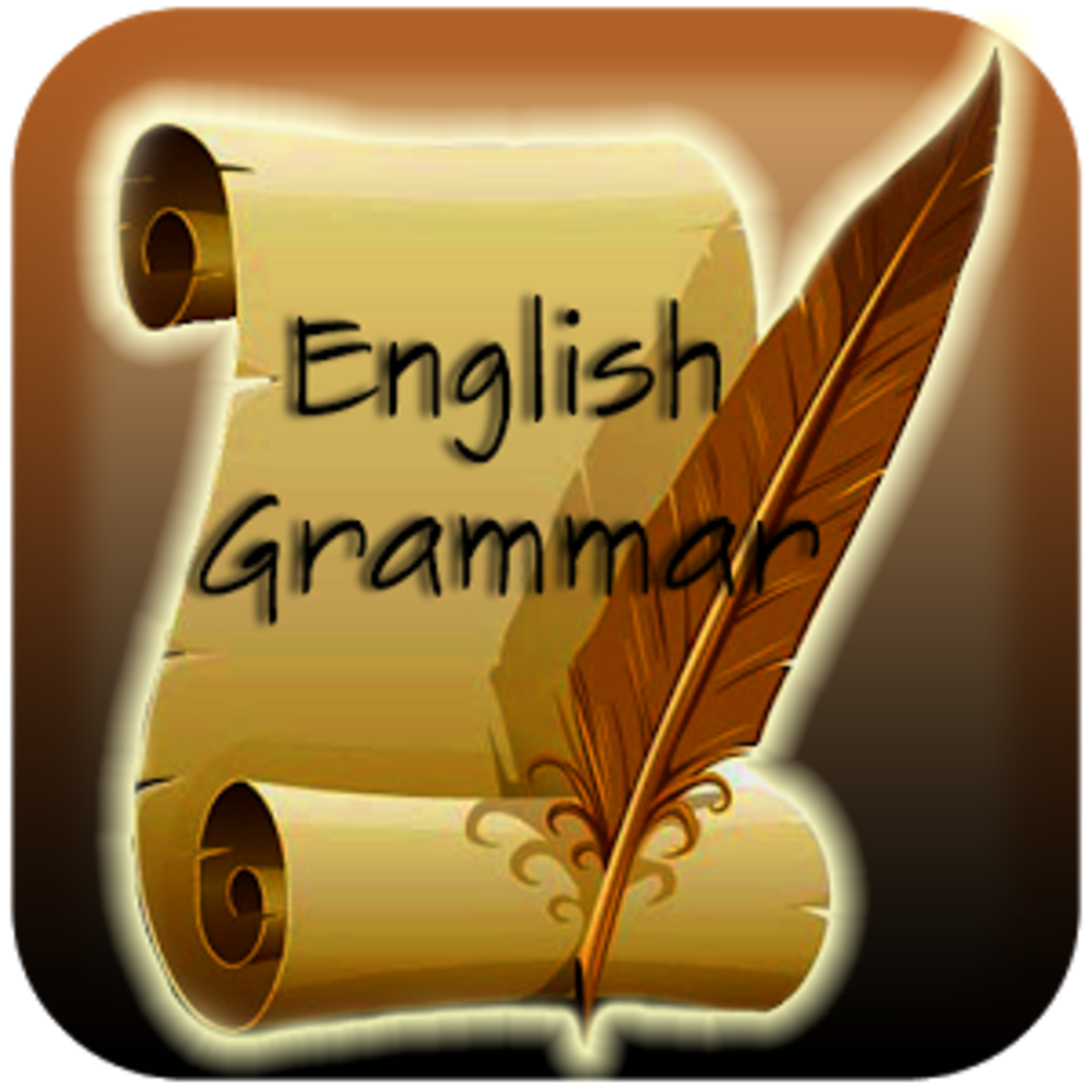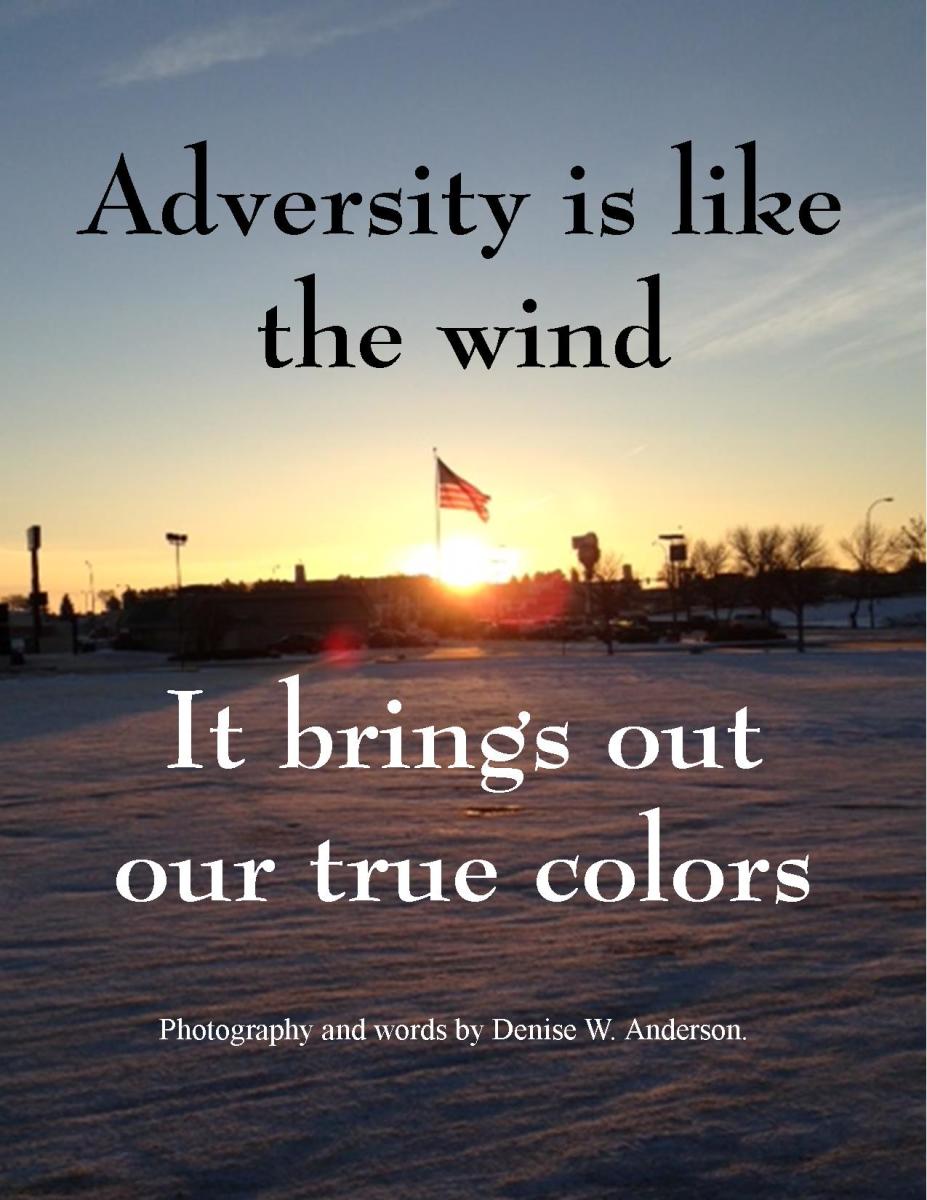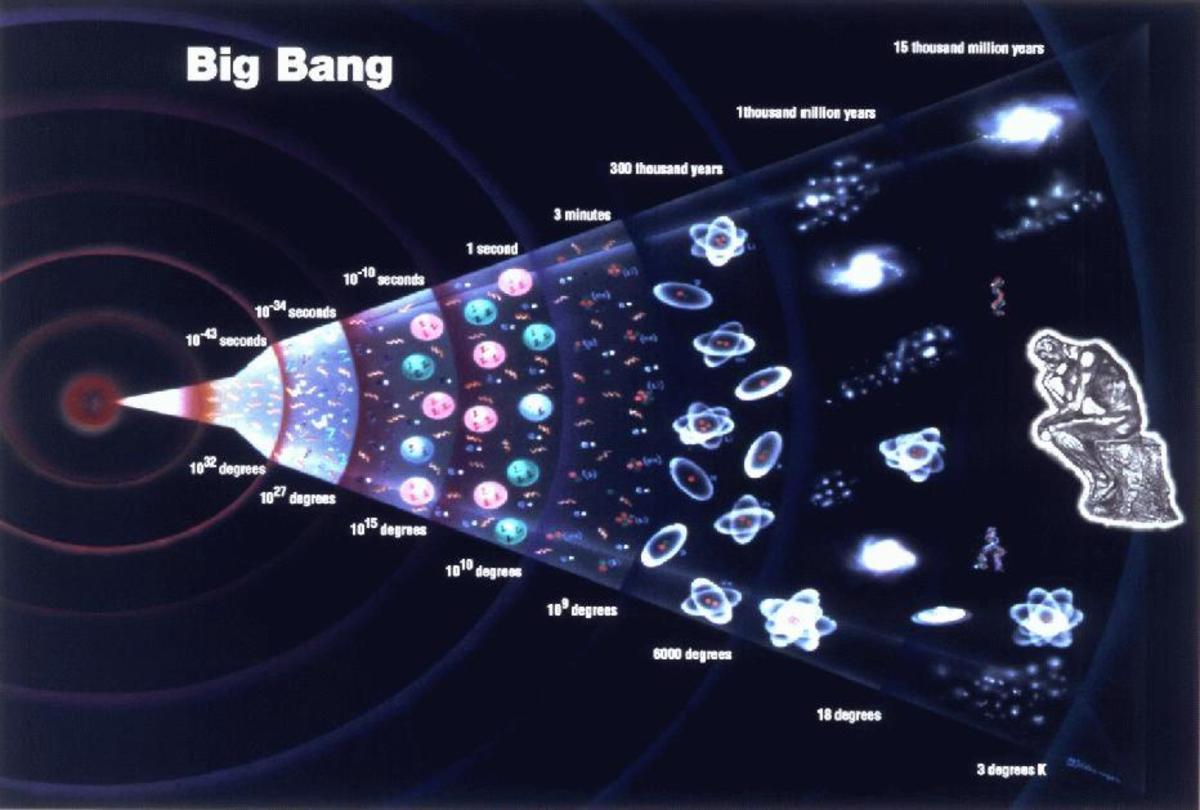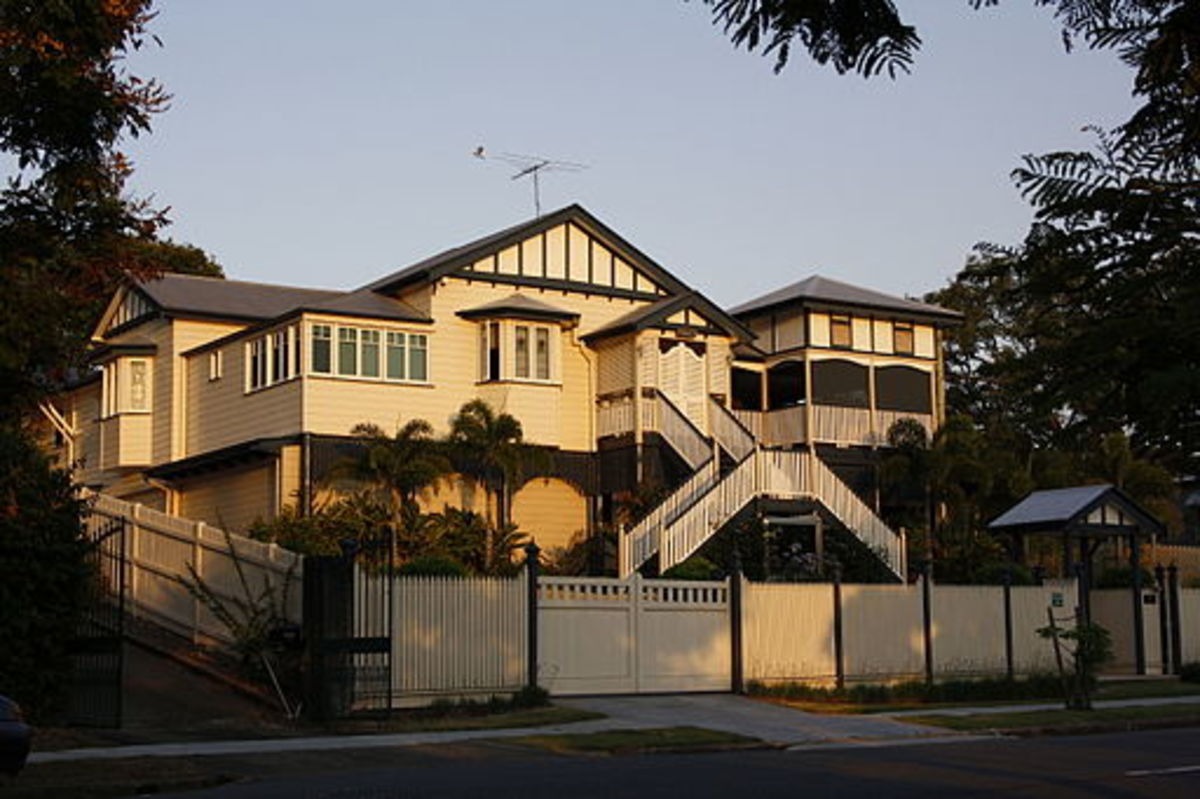Conditional Clauses: Types of Conditional Clauses

What is a conditional clause?
Conditional clauses or sentences are simply defined as sentences or clauses that are based on the word 'if' or sometimes unless. The conditional clause will always have two parts, the first part will set conditions which should be fulfilled before an action can take place.
Types of Conditional Clauses
The First Conditional
With these types of conditional clauses or sentences, we are talking about a real possibility of something happening. First conditionals talk about the future. Here, we are looking at a particular condition or situation that is likely to happen in the future and the result of this likely condition. When you think of the first conditional just put at the back of your mind that there is a high probability or chance that the condition will happen. Examples include the following:
• If I see John tomorrow at work, I will give him the money.
• If Blake comes here tonight, I will call the police.
• If I don’t win the contest, I will be sad.
Remember that in forming the First Conditional, we employ the use of the present simple tense plus Will and the base form of the verb. In certain instances we can also use words like shall, can, or may to replace “will”.
The Second Conditional
These types of conditional clauses or sentences, although they are just like the first one, talk about an unreal possibility. With the second conditional clause, we are thinking about a particular condition in the future and the subsequent result of the condition. We should note that with the second conditional, there is not a real possibility or chance that this condition will happen. In forming the second conditional, we use the past simple tense to talk about the future conditions. For the future result we use Would + base verb. In the second conditional, there is a high chance that the condition will not happen. Let us take a look at the following examples:
• If I became the president, I would make every day a holiday.
• If I won the lottery, I would buy a limousine.
• If I became rich, I would travel all over the world.
You should also know that we can sometimes use words like should, could or might to replace “would”. Example: If I won a million dollars, I could buy a big house on Lake Mercer.
The Third Conditional
If you noticed, both the first conditional and second conditionals talked about the future. But when we come to the third conditional, we are talking about the past. The third conditional talks about a condition in the past which could not happen. So if it did not happen it goes without saying that there is no possibility for this condition.
Let us take a look at this example: Last week you traveled to New York to visit Jane but you did not see her. You could easily say something like this: If I had seen Jane in New York, I would have been happy.
• If I had won the lottery, I would have bought you a nice car.
• If I had eaten the food, I would have died from the poison in it.
For the third conditional we use the past perfect for the condition and for the result we use Would Have + Past Participle. We can also use “should have”, “could have” or “might have” to replace “Would Have” in certain statements.
Zero Conditional
When we use the zero conditional we are talking about a certainty. Here the result of the condition is always certain. For example:
• If you freeze water, it becomes solid.
• If it rains, the ground gets wet.
I strongly believe that having thoroughly read this article, you now have a solid understanding of conditional clauses and the types of conditional clauses. You can contact us if you have any question or contribution that is related to this topic.








